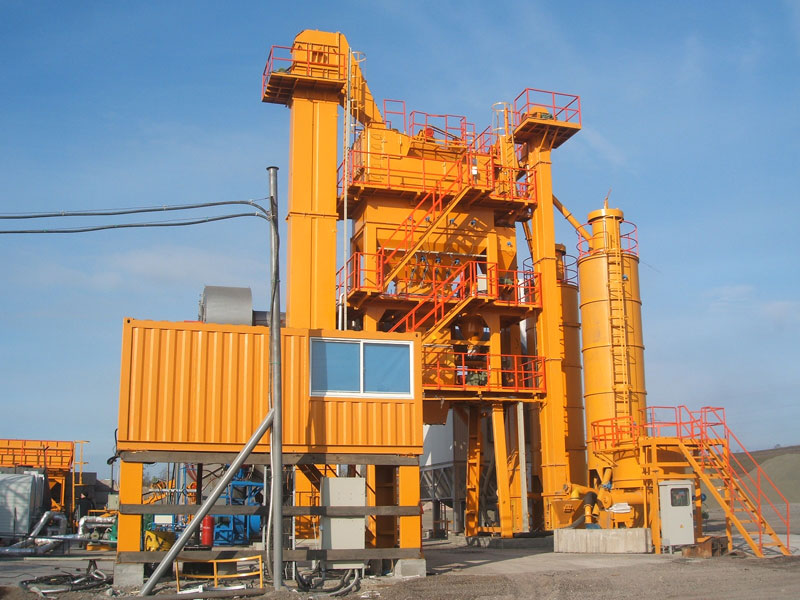Asphalt Mixing Plant: The Backbone of Modern Road Construction
2025-04-18
Roads play a vital role in connecting people, goods, and cities. Behind every smooth and durable road lies a crucial piece of machinery: the asphalt mixing plant. This powerful equipment is responsible for producing the asphalt mixture that forms the top layer of most roads, highways, and airport runways. Without it, modern infrastructure wouldn't be possible.
What Is an Asphalt Mixing Plant
An asphalt mixing plant is an industrial facility designed to produce asphalt concrete, a combination of aggregates like sand and gravel, bitumen, and sometimes additives. These materials are carefully mixed at high temperatures to create a strong and flexible road surface. The plant ensures that the mixture meets specific quality standards for durability and performance.
Types of Asphalt Mixing Plants
There are two main types of asphalt mixing plants: batch mix and drum mix. A batch mix plant produces asphalt in individual batches, allowing for precise control over the recipe. This type is ideal for projects that require different asphalt formulas. Drum mix plants, on the other hand, produce asphalt continuously, making them more suitable for large-scale jobs where consistent output is key.
How It Works
The process begins with the drying and heating of aggregates. These materials are then weighed and mixed with bitumen in the desired proportions. In a batch mix plant, this happens in separate cycles. In a drum mix plant, the materials are combined in a continuous flow. The finished hot mix asphalt is then loaded onto trucks and transported to the paving site.
Why It Matters
The quality of asphalt directly affects the strength, safety, and lifespan of a road. A reliable asphalt mixing plant ensures that the mix is consistent, well-blended, and properly heated. This leads to roads that can handle heavy traffic, resist weather damage, and require less maintenance over time.
Environmental Considerations
Modern asphalt plants are designed with environmental safety in mind. Many include dust collectors, noise reduction features, and systems that allow the reuse of old asphalt materials. These improvements help reduce the plant’s environmental footprint and support sustainable construction practices.
Choosing the Right Plant
When selecting an asphalt mixing plant, factors such as production capacity, fuel efficiency, ease of maintenance, and adaptability to different weather conditions should be considered. Contractors often look for equipment that balances output speed with high-quality results.
Final Thoughts
The asphalt mixing plant is more than just a machine. It is the heart of every road construction project. From city streets to highways and industrial zones, this plant ensures that the surfaces we drive on are safe, smooth, and built to last. As infrastructure development continues around the world, the importance of high-performance asphalt mixing plants will only grow.



